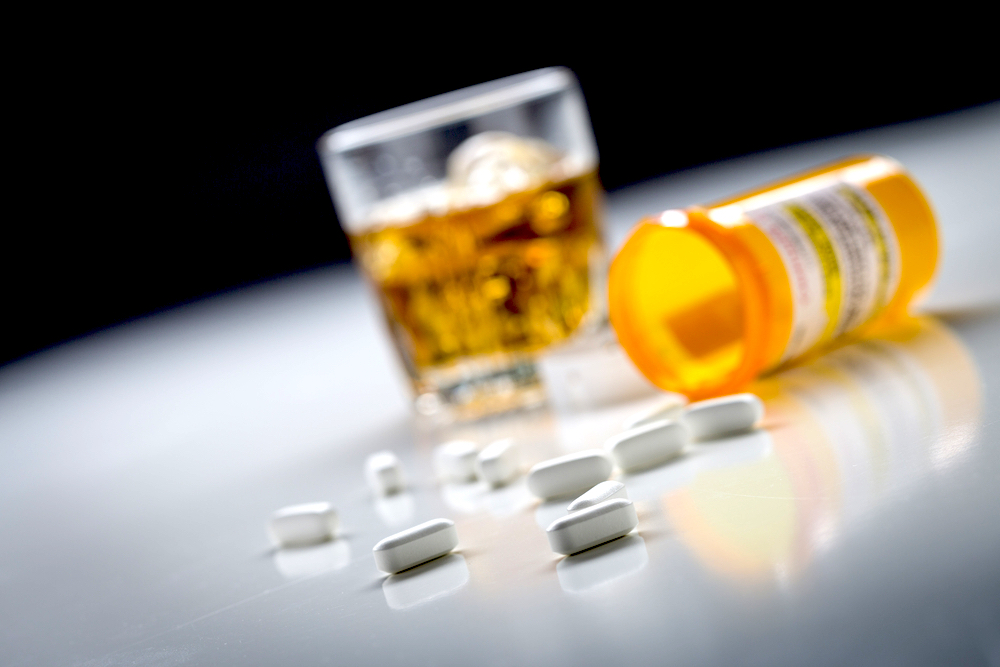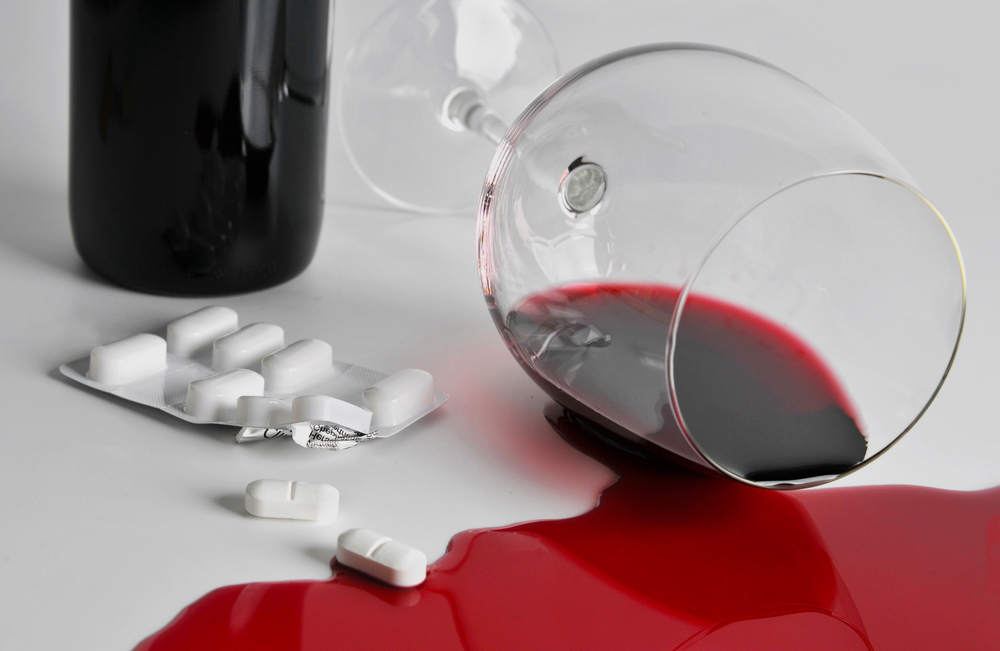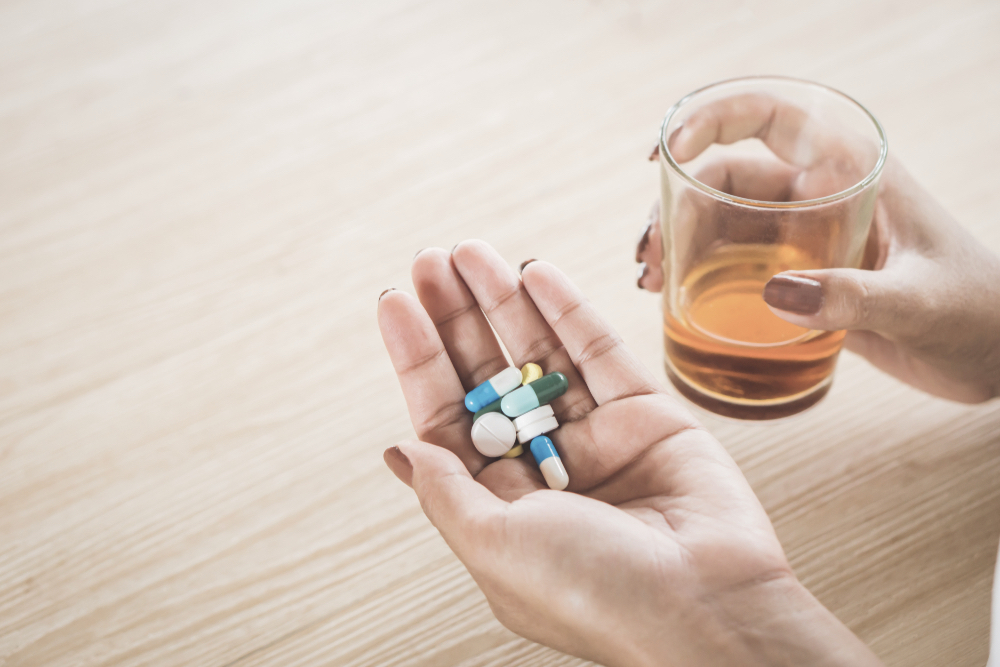Gabapentin With Alcohol: What Happens If You Mix The Two?
Gabapentin is a prescription medication primarily used to treat nerve pain and seizures. It's also prescribed for conditions like restless legs syndrome and certain instances of substance use disorders. Despite its many uses, the question often arises, "Can you take gabapentin with alcohol?" The simple answer is no, it's not recommended.
The side effects of gabapentin on the body are wide-ranging. It works by calming overactive nerves in the brain and affects the way the nervous system responds to pain signals. This results in a reduction of nerve pain, making it an effective treatment for conditions like shingles, epilepsy, and even restless legs syndrome. Gabapentin can also help reduce the intensity of withdrawal symptoms in individuals recovering from substance use disorders.
Contact Us Today for a Confidential Assessment.
Call (877) 959-5909 Now to Speak with a Specialist
However, despite its benefits, gabapentin can have some side effects that users should be aware of. These may include dizziness, drowsiness, and difficulty concentrating. In severe cases, it could lead to more serious side effects like mood swings, memory problems, or even depression.
These side effects become significantly amplified when gabapentin is taken with alcohol. Mixing alcohol and gabapentin can increase the likelihood of these side effects occurring and make them more severe. Drinking alcohol while on gabapentin can lead to increased drowsiness, dizziness, and difficulties with concentration.
Moreover, both alcohol and gabapentin work on the nervous system, and their combined effects can lead to drastic changes in mood, behavior, and motor control. This makes activities requiring focus and coordination, such as driving or operating machinery, extremely dangerous.
Also, alcohol addiction can increase the risks associated with gabapentin use. People struggling with alcohol addiction might experience intensified withdrawal symptoms if they're using gabapentin. This combination could also potentially lead to an overdose.
So, while gabapentin can be a powerful tool in managing nerve pain, seizures, and other conditions, it must be used responsibly. Mixing gabapentin with alcohol can lead to dangerous side effects and can potentially magnify existing issues like alcohol addiction. It's essential that patients using gabapentin avoid drinking alcohol to maintain their safety and wellbeing. Always consult with a healthcare professional before making any changes to your medication regimen.
Dangers of Mixing Alcohol with Prescription Meds
Mixing alcohol with drugs, especially prescription medications, is a significant health risk. Alcohol can interact with drugs, changing their effects and potentially causing harmful reactions. Even commonly prescribed medications like antibiotics, painkillers, or anti-anxiety medications can have negative interactions with alcohol. This can lead to increased side effects such as fatigue, dizziness, and potentially life-threatening conditions like respiratory distress or liver damage.
Combining alcohol and prescription medications can also lead to increased dependency on both substances. This can create a dangerous cycle of substance abuse, as individuals try to counteract the side effects of one substance with the other, further jeopardizing their health.
The risks are not limited to physical health. The combination of alcohol and prescription drugs can also impact mental health, potentially leading to increased anxiety, depression, and other mental disorders. The risk of drug overdose is also significantly higher when alcohol is involved.
It's important to understand that mixing alcohol with prescription medications can have severe, sometimes fatal consequences. If you're taking prescription medication, it's crucial to avoid alcohol and consult your healthcare provider about potential interactions.
Best Rehab in Anaheim, CA for Alcohol and Substance Abuse
At Anaheim Lighthouse in Anaheim, CA, we are known for our expertise in providing comprehensive and personalized treatment for individuals dealing with alcohol and substance abuse. We take a unique approach to dual-diagnosis treatment, understanding that each person's journey with addiction is different. Our highly trained team is dedicated to creating personalized treatment plans that address the root causes of addiction, not just the symptoms.
Alcohol and substance abuse often occur together, making recovery more challenging. Our focus on treating both conditions simultaneously is crucial for a holistic recovery. By breaking the cycle of dependency, we aim to help individuals overcome the physical and psychological aspects of addiction.
Our customized treatment plans may include detoxification, individual and group therapy, and various holistic therapies. We understand that there is no one-size-fits-all solution to addiction, so our plans are tailored to meet each individual's unique needs.
Our ultimate goal is to empower individuals to regain control of their lives, free from the grip of addiction. With a safe, supportive environment and a wide range of treatment options, we provide the tools and resources needed for long-term recovery.
















